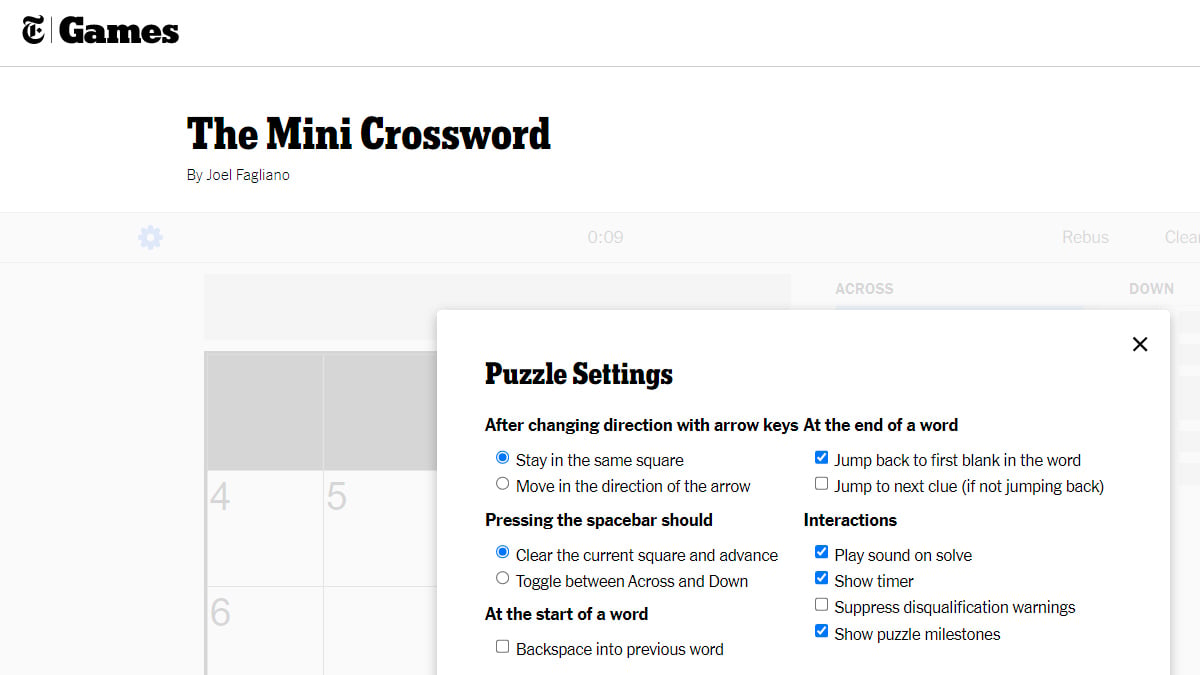Resilience: Turning Setbacks Into Stepping Stones For Better Mental Health

Table of Contents
Understanding Resilience: What It Is and Why It Matters
Defining Resilience
Resilience isn't about avoiding hardship; it's about your ability to cope with stress, adapt to change, and bounce back from adversity. It's the mental and emotional strength that allows you to navigate challenges, learn from setbacks, and emerge stronger on the other side. It’s about your capacity for stress management and your ability to maintain a positive outlook, even in the face of significant difficulties.
The Benefits of Resilience
The benefits of building resilience are profound and far-reaching. A resilient mindset contributes significantly to improved mental health, reducing feelings of anxiety and depression. It equips you with effective coping mechanisms, allowing you to manage stress more effectively and navigate difficult situations with greater ease.
- Improved mental and physical health: Resilience reduces the impact of stress on your body and mind, leading to better overall health.
- Increased problem-solving skills: Resilient individuals are better equipped to analyze problems, identify solutions, and take action.
- Enhanced self-confidence and self-efficacy: Successfully overcoming challenges boosts your belief in your own abilities.
- Greater emotional regulation: Resilience helps you manage your emotions more effectively, preventing emotional overwhelm.
- Stronger relationships: Your ability to cope with stress positively impacts your interactions with others, fostering healthier relationships.
Practical Strategies for Building Resilience
Building resilience is a proactive process, not a passive one. It requires conscious effort and consistent practice. Here are some key strategies:
Cultivating a Positive Mindset
A positive mindset is the cornerstone of resilience. This involves consciously challenging negative thoughts, practicing gratitude, and fostering self-compassion.
- Practice daily affirmations: Start your day with positive statements about your abilities and worth.
- Keep a gratitude journal: Reflect on the positive aspects of your life, big and small.
- Challenge negative thoughts: When negative thoughts arise, actively challenge their validity and reframe them in a more positive light.
Building Strong Social Connections
Strong social connections are a powerful buffer against stress. Surrounding yourself with supportive individuals provides emotional support and a sense of belonging.
- Spend quality time with loved ones: Nurture your relationships with family and friends.
- Join a support group: Connect with others who share similar experiences.
- Volunteer in your community: Helping others can boost your mood and sense of purpose.
Developing Healthy Coping Mechanisms
Healthy coping mechanisms are essential for managing stress and maintaining well-being. These strategies help you regulate your emotions and reduce the negative impact of setbacks.
- Engage in regular physical activity: Exercise releases endorphins, which have mood-boosting effects.
- Practice mindfulness meditation: Mindfulness techniques can help you stay grounded and manage stress in the moment. Aim for 10-15 minutes daily.
- Maintain a balanced diet: Nourishing your body with healthy foods provides the energy and nutrients you need to cope with stress.
Overcoming Setbacks: Turning Challenges into Opportunities
Resilience isn't about avoiding setbacks; it's about how you respond to them.
Identifying and Analyzing Setbacks
Understanding the root causes of your setbacks is crucial for effective problem-solving.
- Journaling: Reflect on your experiences and identify patterns.
- Self-reflection: Take time to analyze your reactions and responses.
- Seeking feedback from others: Get perspectives from trusted friends, family, or mentors.
Developing Problem-Solving Skills
Breaking down large problems into smaller, manageable steps makes them less daunting.
- Brainstorming: Generate multiple solutions before selecting the best one.
- SWOT analysis: Identify your strengths, weaknesses, opportunities, and threats.
- Seeking professional guidance: Don't hesitate to seek help from a therapist or counselor.
Learning from Mistakes
View setbacks as opportunities for growth and learning. Analyze what went wrong, adjust your strategies, and move forward with renewed determination.
- Analyze what went wrong: Identify the factors that contributed to the setback.
- Adjust your strategies: Develop new approaches based on your learnings.
- Seek mentorship: Learn from the experiences of others who have overcome similar challenges.
Seeking Professional Help: When to Reach Out for Support
While building resilience is empowering, it's important to recognize when professional support is needed. Persistent feelings of sadness, hopelessness, anxiety, or difficulty functioning may indicate a need for professional help. There are various mental health professionals who can provide support, including therapists, counselors, and psychiatrists. Don't hesitate to reach out – seeking help is a sign of strength, not weakness. [Insert links to relevant mental health resources here].
Conclusion
Building resilience is a journey, not a destination. By cultivating a positive mindset, building strong social connections, developing healthy coping mechanisms, and learning from setbacks, you can significantly improve your mental health and overall well-being. Start building your resilience today by practicing mindfulness and connecting with supportive individuals. Remember, fostering resilience is a journey, not a destination, and improving your resilience is an investment in a happier, healthier you. Embrace the challenges, learn from your experiences, and emerge stronger than ever before.

Featured Posts
-
 Nyt Mini Crossword Answers For March 26 2025
May 21, 2025
Nyt Mini Crossword Answers For March 26 2025
May 21, 2025 -
 Leverkusen Thwarts Bayerns Bundesliga Party Kanes Absence Adds To Disappointment
May 21, 2025
Leverkusen Thwarts Bayerns Bundesliga Party Kanes Absence Adds To Disappointment
May 21, 2025 -
 Afhankelijkheid Van Arbeidsmigranten Abn Amros Analyse Van De Voedingsindustrie
May 21, 2025
Afhankelijkheid Van Arbeidsmigranten Abn Amros Analyse Van De Voedingsindustrie
May 21, 2025 -
 Risicos Voor Voedingsbedrijven Abn Amro Over Afhankelijkheid Van Arbeidsmigranten
May 21, 2025
Risicos Voor Voedingsbedrijven Abn Amro Over Afhankelijkheid Van Arbeidsmigranten
May 21, 2025 -
 The Saskatchewan Costco Campaign Insights From A Political Panel
May 21, 2025
The Saskatchewan Costco Campaign Insights From A Political Panel
May 21, 2025
Latest Posts
-
 The Goldbergs Exploring The Shows Humor And Cultural Relevance
May 22, 2025
The Goldbergs Exploring The Shows Humor And Cultural Relevance
May 22, 2025 -
 The Goldbergs A Retrospective Look At Nine Seasons Of Family Fun
May 22, 2025
The Goldbergs A Retrospective Look At Nine Seasons Of Family Fun
May 22, 2025 -
 Federal Leaders Saskatchewan Visit Analysis Of Controversial Remarks
May 22, 2025
Federal Leaders Saskatchewan Visit Analysis Of Controversial Remarks
May 22, 2025 -
 Financial Times Bp Ceos Plan To Double Company Value Uk Listing Confirmed
May 22, 2025
Financial Times Bp Ceos Plan To Double Company Value Uk Listing Confirmed
May 22, 2025 -
 The Goldbergs Cast Characters And Their Real Life Inspirations
May 22, 2025
The Goldbergs Cast Characters And Their Real Life Inspirations
May 22, 2025
